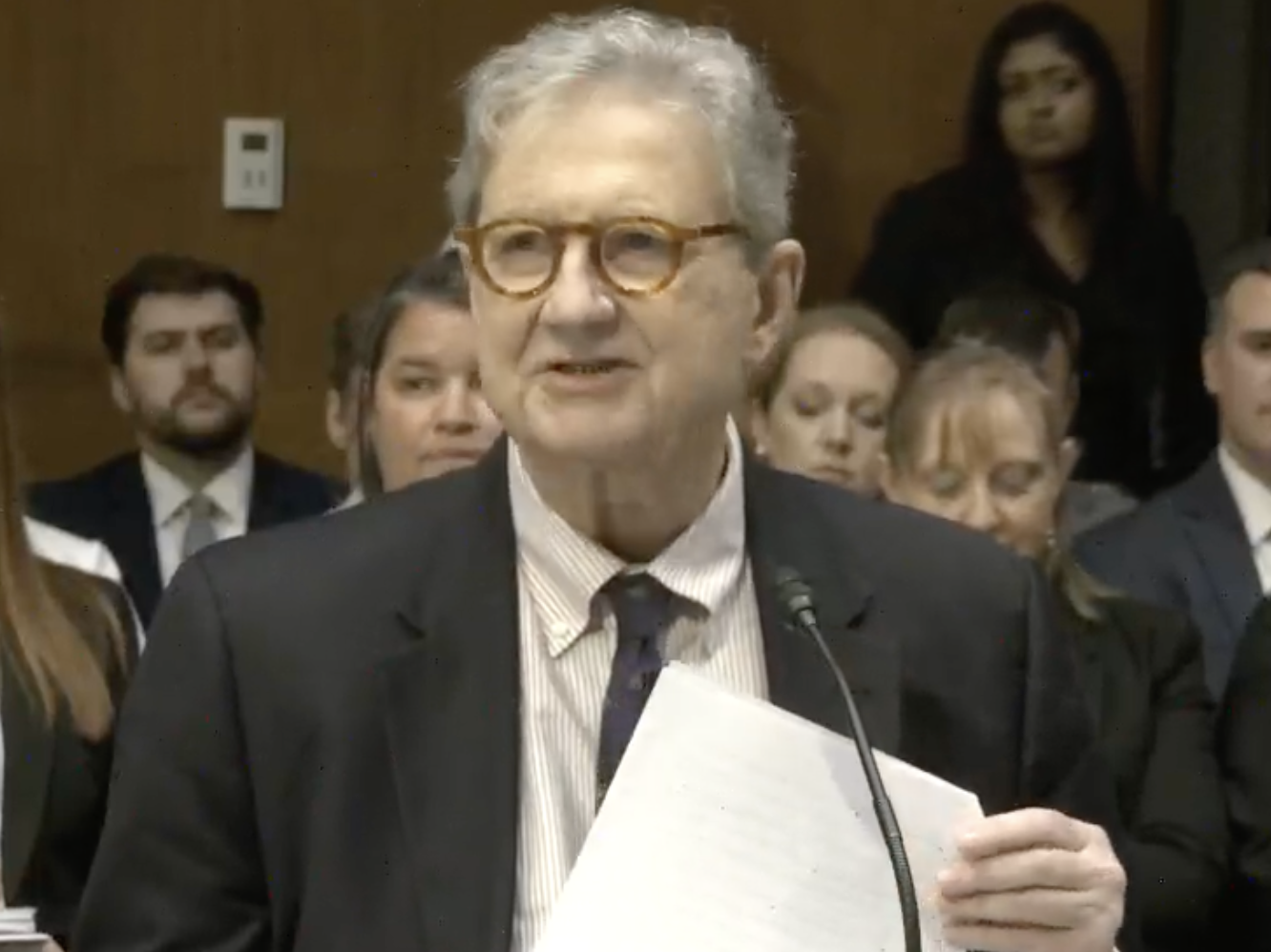
Nuclear Security & Deterrence Monitor Vol. 28 No. 31
Visit Archives | Return to Issue PDF
Visit Archives | Return to Issue PDF
Nuclear Security & Deterrence Monitor
Article 1 of 11
August 02, 2024
Senate appropriators give less than House for NNSA weapons; concerned on SLCM-N

WASHINGTON — The National Nuclear Security Administration would get more than its requested budget for 2025 but fewer funds for nuclear weapons, under a bill Senate appropriators passed unanimously on Thursday.
But with a companion spending bill stalled on the…
Partner Content
Jobs